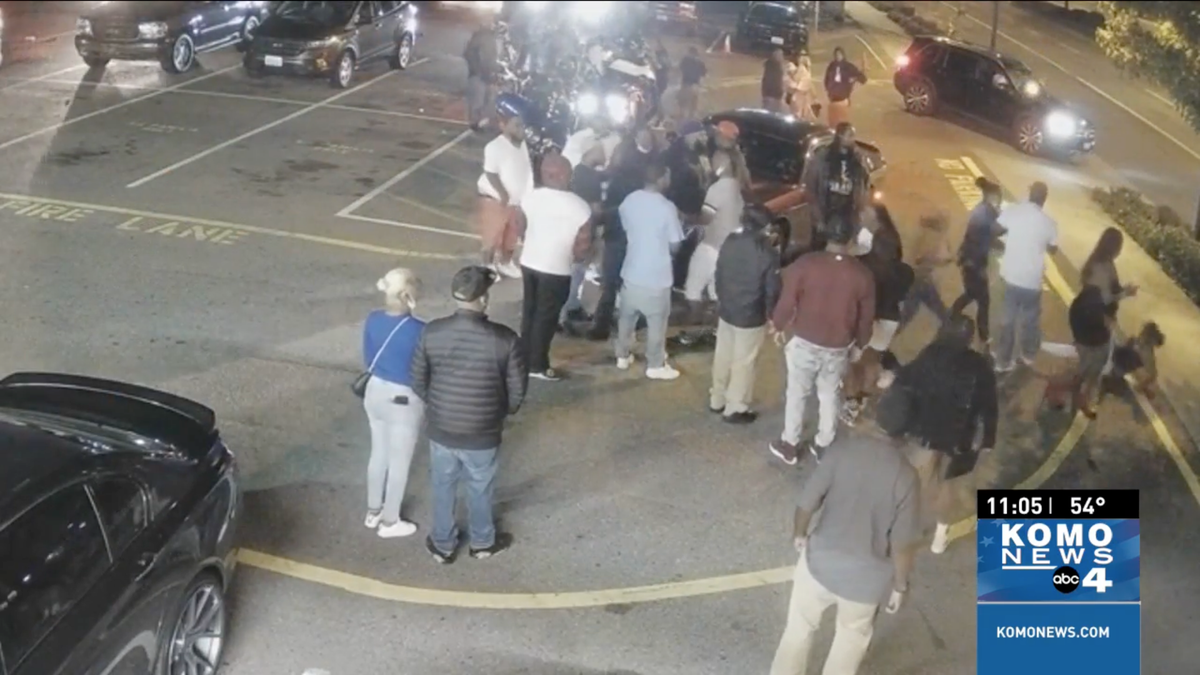A judge in Washington state has blocked video evidence that’s been “AI-enhanced” from being submitted in a triple murder trial. And that’s a good thing, given the fact that too many people seem to think applying an AI filter can give them access to secret visual data.



Nvidias game upscaling has access to game data and also training data generated by gameplay to make footage that is appealing to the gamers eye and not necessarily accurate. Security (or other) cameras don’t have access to this extra data and the use case for video in courts is to be accurate, not pleasing.
Your comparison is apples to oranges.
No, I think you misunderstood what I’m trying to say. We already have tech that uses machine learning to upscale stuff in real-time, but I’m not that it’s accurate on things like court videos. I don’t think we’ll ever get to a point where it can be accurate as evidence because by the very nature of the tech it’s making up detail, not enhancing it. You can’t enhance what isn’t there. It’s not turning nothing into accurate data, it’s guessing based on input and what it’s been trained on.
Prime example right here, this is the objectively best version of Alice in Wonderland, produced by BBC in 1999, and released on VHS. As far as I can tell there was never a high quality version available. Someone used machine learning to upscale it, and overall it looks great, but there are scenes (such as the one that’s linked) where you can clearly see the flaws. Tina Majorino has no face, because in the original data, there wasn’t enough detail to discern a face.
Now we could obviously train a model to recognise “criminal activity”, like stabbing, shooting, what have you. Then, however, you end up with models that mistake one thing for another, like scratching your temple turning into driving while on the phone, now if instead of detecting something, the model’s job is to fill in missing data we have a recipe for disaster.
Any evidence that has had machine learning involved should be treated with at least as much scrutiny as a forensic sketch, while while they can be useful in investigations, generally don’t carry much weight as evidence. That said, a forensic sketch is created through collaboration with an artist and a witness, so there is intent behind those. Machine generated artwork lacks intent, you can tweak the parameters until it generates roughly what you want, but it’s honestly better to just hire an artist and get exactly what you want.
Here is an alternative Piped link(s):
Prime example right here
Piped is a privacy-respecting open-source alternative frontend to YouTube.
I’m open-source; check me out at GitHub.
Samsung’s AI on their latest phones and tablets does EXACTLY what @[email protected] is describing. It will literally create data including parts of scenes and even full frames, in order to make video look better.
So while a true security camera may not be able to do it there’s now widely available consumer products that WILL. You’re also forgetting that even Security Camera footage can be processed through software so footage from those isn’t immune to AI fiddling either.
Would that not fall under the “enhanced” evidence that is banned by this court decision?